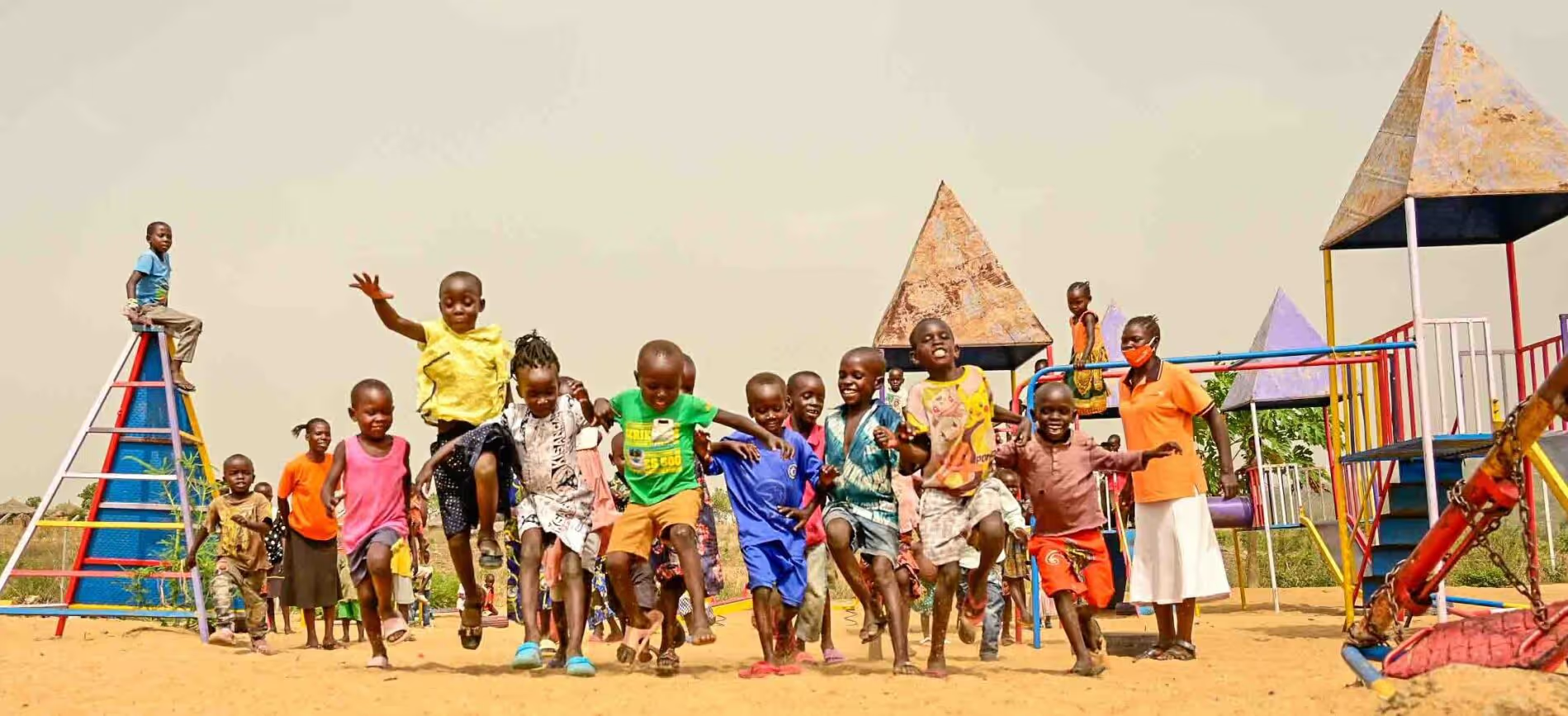Evidence of Effectiveness of the Child Friendly Spaces Toolkit

This 3-year collaborative study sought to compare the effectiveness of two psychosocial approaches to implementing child friendly spaces in the West Nile refugee response, Uganda from 2019-2022. Using a 3-arm Randomised Control Trial, it compared the effect of using the Toolkit for Child Friendly Spaces in Humanitarian Settings, the ‘Standard’ guidelines, and no intervention in achieving child mental health, psychosocial well-being and protection outcomes.
As the third and final phase of almost 10 years of collaborative research into CFS, these findings further the evidence base for advancing the design and implementation of first-line mental health and psychosocial support (MHPSS) for children affected by conflict and displacement.
This document is a summary of this latest research together with recommendations.
More detailed methodology, findings and analysis will be available in forthcoming academic journal articles.